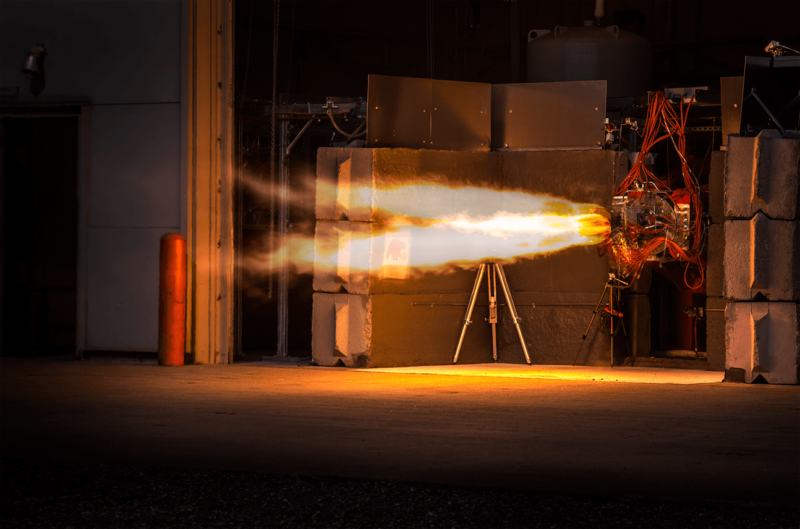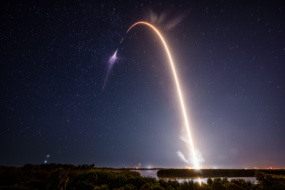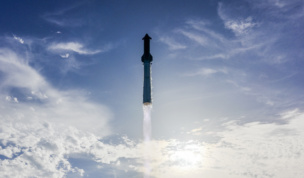Phantom Space has placed an order for 200+ rocket engines from Ursa Major, the two startups announced this week. Reading the fine print:
- Ursa will supply Phantom with 5,000-lb thrust Hadley engines that are already coming off of the production line, and Ripleys, which will have an order of magnitude more thrust.
- Phantom will use the engines in Daytona and Laguna, two launchers it is developing.
- The contract runs through 2026. As for how much of a deposit Phantom put down, all we can say is ¯\_(ツ)_/¯
We chatted with Ursa CEO Joe Laurienti last month about ramping production and recruiting, so now we’ll turn our focus to the other side of this deal.
The latest from Phantom
“We see no blockage getting to orbit next year,” Phantom CEO Jim Cantrell recently told Payload.
- Beyond launch: Phantom bills itself as a “space applications company,” since it is also focused on building others’ spacecraft and constellations. Since its inception, Phantom has had its “hands on, in, or around” multiple satellites, has signed four contracts for spacecraft design/build, and is in talks to launch ~40 payloads, Cantrell said.
- The backstory: Since the margins are tiny in launch, other rocket makers have “backed into” satellite-making as a means of bolstering their bottom line, Cantrell said. Phantom, on the contrary, focused on the satellite segment from the get-go.
- Business model: “We don’t need to make money solely on launch services nor fly 300–400 times a year to make our business case close,” Cantrell said. “We can get cash-flow positive at 20 launches a year since we generally are projecting strong profit margins of 25-30% at those flight rates.”
- Recruiting: Phantom has found it easier to recruit satellite engineers and specialists (vis-a-vis rocket scientists). It currently employs 35.
Raising for rockets: Cantrell and his cofounders optimized for capital efficiency “because we thought we’d have a hell of a time raising money. I thought the markets were tapped out on launch. I was so wrong on that, as wrong as you get.”
Now, Phantom is raising a Series B. The company is targeting a hotfire test for June. For Phantom’s next big test, a 2023 orbital launch, Daytona is set to lift off from Vandenberg to a polar orbit. Subsequent missions, if everything goes to plan, will launch from the Cape to low-inclination orbits.




